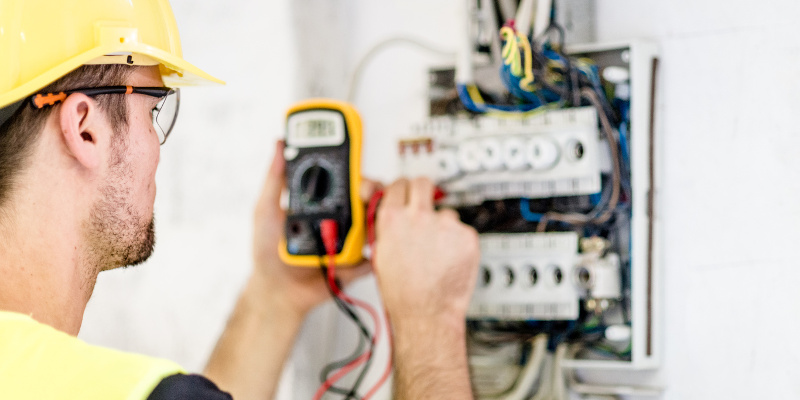Fire prevention is a critical aspect of maintaining a safe home environment, and residential electrical services play a pivotal role in mitigating the risk of electrical fires. Implementing crucial measures in the design, installation, and maintenance of electrical systems can significantly enhance fire safety and protect homes and their occupants from potential disasters. One of the fundamental measures in fire prevention is ensuring that the electrical system is installed by a licensed and experienced electrician. Proper installation adheres to national and local electrical codes, which are designed to minimize fire risks. This includes using the correct wire gauge, ensuring secure connections, and installing appropriate circuit breakers and fuses. Circuit breakers, in particular, are essential as they automatically shut off the electrical supply when they detect an overload or short circuit, preventing overheating and potential fires. Regular inspection and maintenance of the electrical system are equally important.

Over time, wiring can degrade, connections can loosen, and circuits can become overloaded, all of which increase the risk of fire. Homeowners should schedule periodic inspections by a licensed electrician to identify and address any issues before they escalate. During these inspections, electricians can check for signs of wear and tear, such as frayed wires, scorch marks around outlets, or buzzing sounds from electrical panels, and take corrective actions promptly. Another vital aspect of fire prevention is the use of ground fault circuit interrupters GFCIs and arc fault circuit interrupters AFCIs. GFCIs are designed to protect against electrical shock by shutting off power when they detect ground faults, which can also be a source of electrical fires and visit the site. These devices are particularly important in areas with high moisture levels, such as kitchens, bathrooms, and outdoor outlets. AFCIs, on the other hand, are designed to detect and prevent arc faults, which are a leading cause of electrical fires. Installing AFCIs in the home’s electrical panels can provide an added layer of protection against fire hazards.
Proper use and maintenance of electrical appliances are also crucial. Overloading outlets with too many devices can cause overheating and increase fire risks. Homeowners should avoid using extension cords as permanent solutions and ensure that all appliances are in good working condition. Appliances with damaged cords or those that emit unusual smells or sparks should be repaired or replaced immediately. Additionally, unplugging appliances when not in use can prevent potential electrical fires caused by short circuits or power surges. Educating homeowners about electrical safety is another essential measure in fire prevention. Simple practices, such as not running cords under rugs, keeping flammable materials away from heat sources, and understanding the home’s electrical load capacity, can go a long way in preventing fires. Homeowners should also install smoke detectors and test them regularly to ensure they are functioning correctly. Smoke detectors provide early warning of fire, allowing occupants to evacuate and call for help promptly.